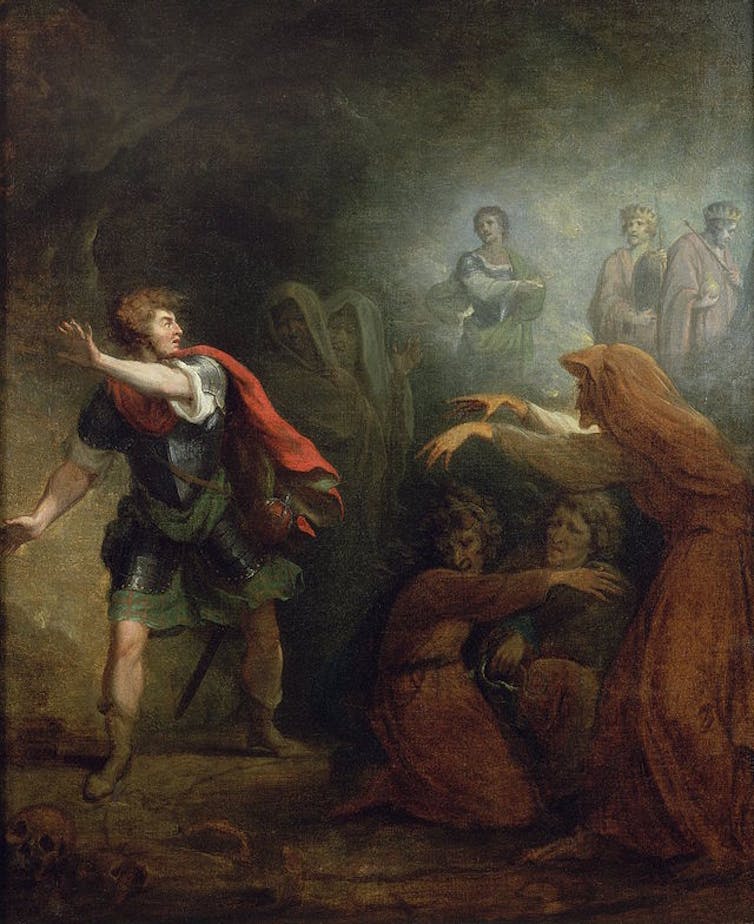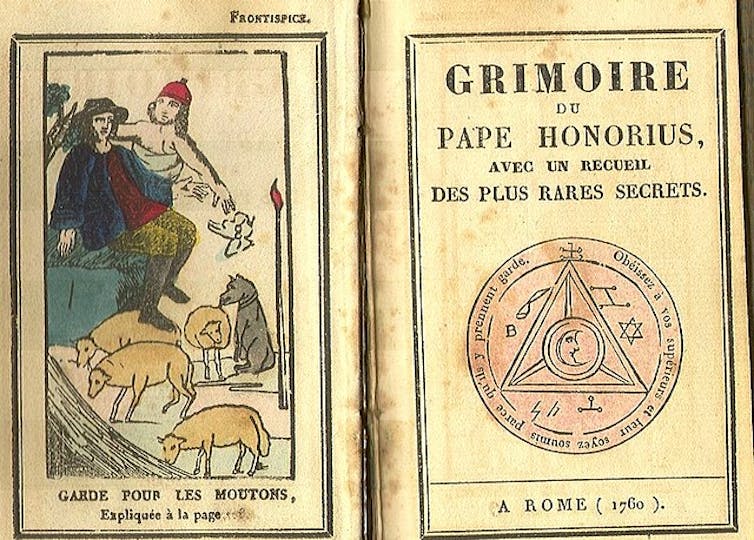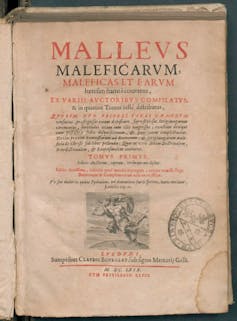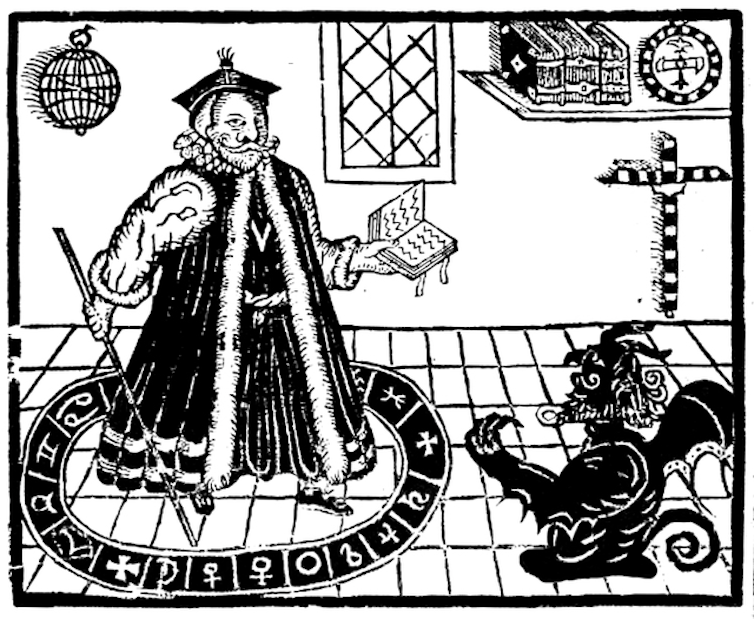Lincoln Courier
Sat, November 20, 2021
“What's going on here?”
That's what I was wondering last week when a bunch of emails showed up in my Inbox, all related to the column I had written and submitted for last Saturday's edition of The Courier. You see, those messages began to arrive on Thursday, a few days before my column was scheduled for publication.
Hmmm, I wonder if there are some folks out there who can see into the future and know exactly what I wrote – long before it appears in a public forum. That sounded far-fetched – and it was. I turned to Leisa Richardson, executive editor for the State Journal-Register and this newspaper, for an answer.
She explained that the newspapers are digital-first, meaning that columns and stories scheduled for print editions are first published on newspaper websites and that, per an agreement with Yahoo News and Apple News, those Internet outlets have publishing rights for newspaper content. I then replied to a couple of those email writers, asking them where they had read my column. Turns out, it was published on the Yahoo News website prior to the Saturday publication date.
I received more than a dozen responses to my column from total strangers, some even asking if I were a real person or someone using a fake name to write this type of column.
In case you didn't read it, the column was all about the dumbing-down of our great country, as evidenced by Harvard-educated U.S. Senator Ted Cruz from Texas picking a fight with Sesame Street's Big Bird over a COVID-19 vaccination promotion aimed at kids by the yellow-feathered critter, and also highlighted by the gathering of a QAnon throng in Dallas awaiting the return of John F. Kennedy Jr. Never mind that JFK Jr. died in a 1999 plane crash. He obviously was a no-show.
Word had circulated among the QAnon disciples that the young Kennedy was returning to his worldly self to declare Donald Trump the winner of the 2020 presidential election and that he – JFK Jr. – would serve as his vice president.
Pretty silly stuff, huh? But let's not kid ourselves. Hundreds of thousands of Americans still believe Trump won the election and never mind that JFK Jr. was brought up in a famous American family with strong liberal viewpoints far removed from far-right philosophy. I can't help but wonder if many in that Dallas throng wouldn't delight in having a well-roasted Big Bird on their Thanksgiving table next week.

I'd like to share bits and pieces of some of the emails I received from throughout the country. Most writers were supportive of my viewpoints, but then, there was Muneerah Aoudad, whose email address describes her as “one nice lady1.” I don't believe Ms. Aouad was especially nice to me. Here's what she wrote:
“Mr. Tackett, I read your dumb article. Yes sir, it's just plain dumb. It's obvious in your old age that you still do not have a clue what is going on in this country. I made the sad, sorry mistake of being a democrat for years. I watched as they destroyed the lives of Americans.
“Perhaps you should take a trip to Los Angeles and then you can see what the DemoRats have done. Los Angeles, up until about 1990, was a thriving city and the largest post-production center in the world for the movie industry. Now, they do not film in Los Angeles.

Dan Tackett
“Meanwhile, the stupid DemoRATS continued to keep the southern border open and they made sure that Los Angeles was infected with millions and millions of illegal aliens who all got welfare, HUD housing, food stamps and our American jobs to the point that now in 2021, white or Black Americans cannot get a job in Los Angeles, which is ran by Latinos, including a Latino idiot mayor. Los Angeles has the worst homeless crisis of Americans sleeping on the streets of any place in the world!
“Do you think you can fly over and get a hotel in Los Angeles? Give it a try. Your hotel neighbors will be homeless drug addicts. I went to the east coast when I saw LA slipping into the muck in 2000 only to return in 2013 and to discover that I would never get a job there. I left and moved to the San Francisco Bay area, which is now being attacked by the Latinos.
“Very soon I will need to pack up and move. This time out of the U.S. And the DemoRats said we seniors would get dental care, eyeglasses and hearing aids. Now all that was a lie. What is true is that our Medicare is going up Jan .1 from $144 to $170, and I will never get my dentures, because no one regulates the cost of dental work and it now costs more than going to a doctor!
“Thank you DemoRAT!”
Folks who sided with my column threw out plenty of reasons why they believe American sanity is on a slippery slope. Here's a sampling:
From David Hildy: “This nonsense all began with Karl Rove. I'd forgotten that he castigated Max Cleland on the discussion of patriotism, but there's your lead in to QAnon, which led up to John McCain being accused of not being a hero because he got caught.
“Thank you for your article and it would seem to me that the Democrats need a ‘Joe the Plumber’ mouthpiece to counter the dumbness. Intellectuals will not be heard – needs to be a no-namer who's used by Democrats to spout common sense.”
From Michael Murray: “Unfortunately, you are 100% correct. These days I am continually asking myself, ‘How did we get here?’ There seems to be no end in sight. I wonder if it is all just one really bad dream.
“Thank you for your insight. I am not going crazy.”
From Manju Rupani: “Thank you for your article. Could not agree more.
“I would blame technology for dumbing our country as well. When the large tech companies are promoting themselves as leaders of science and goodness, we have a major problem.”
From Carroll Shirkey: Loved what you had to say. You’re right about the events and clowns involved. I’ve been saying America needs a re-boot – quickly.
From Tina Roeser: “I came across an article you wrote talking about America being dumb. Interesting. I feel we've been dumb for awhile.
“A few months ago, my husband and I were watching a program on PBS about Woodstock. In it, we noticed that nobody there was fat. The narrator said they ran out of food at the event rather quickly. People in surrounding towns were asked if they could help out with food. They sent eggs and oatmeal. I thought, ‘What, no chips?’ None of the junk we exist on today. Junk filled with additives and preservatives that the Food and Drug Administration has OK'd for consumption. Interesting
“Didn't the Food and Drug Administration say opioids were safe without being addictive, too? That went well, didn't it? Worked really well for those raking in the dough.
“But wait, here comes COVID. That really took the focus off opioids, didn't it? The problem is still with us, but you don't hear about the deaths from drug overdoses in the news anymore. All of my life, I'd hear ‘my doc say, ‘It's just a virus. It has to run its course,' if I asked about antibiotics for a cold or flu.
“There is no denying this virus is real and it is deadly. I think the vaccines were pushed through for profit. Hearing about side effects that can happen with them is frightening. Who wants a blood clot or inflammation of the heart? That's just two of them.
“America is getting dumb? I think we've been dumb for blindly following the FDA.”
From Anne Augustyn: “Gee, Dan, you missed a couple of obvious ones, like all of the media talking ‘heads who called the left-wing riots of 2020 ‘peaceful protests’ or of Joe Biden's plan to pay certain illegal immigrants $450,000 per person, both of which seem dumb to me. But I guess those examples don't seem dumb to you or at least don't support your agenda.”
From Steve Verbancsics: “Having read your column, you might find the following interesting (depressing? Not unexpected?)
“After the Dallas follies I couldn't help but reply to someone who took it all seriously: ‘You know of course that this is all being run by Ben Franklin and The Hellfire Club from their headquarters underneath The Tomb of The Unknown Soldier.’
“I doubt that you will be surprised that the person I replied to started a serious discussion of what I had said.
“The other thing is that having at one point been a night watchman for the Sesame Street set when I was going to Columbia in the late 60's, I can attest that even asleep Big Bird is more intelligent and a better conversationalist than teedie mexi-cruz.”
***
I'd be remiss if I didn't take the time and a few drops of printer's ink to sincerely wish you all a wonderful Thanksgiving and a blessed holiday season.
Dan Tackett is a retired managing editor of The Courier. He can be reached at dtackett@gmail.com.
This article originally appeared on Lincoln Courier: Is American sanity on a slippery slope? Readers voice their opinion
From David Hildy: “This nonsense all began with Karl Rove. I'd forgotten that he castigated Max Cleland on the discussion of patriotism, but there's your lead in to QAnon, which led up to John McCain being accused of not being a hero because he got caught.
“Thank you for your article and it would seem to me that the Democrats need a ‘Joe the Plumber’ mouthpiece to counter the dumbness. Intellectuals will not be heard – needs to be a no-namer who's used by Democrats to spout common sense.”
From Michael Murray: “Unfortunately, you are 100% correct. These days I am continually asking myself, ‘How did we get here?’ There seems to be no end in sight. I wonder if it is all just one really bad dream.
“Thank you for your insight. I am not going crazy.”
From Manju Rupani: “Thank you for your article. Could not agree more.
“I would blame technology for dumbing our country as well. When the large tech companies are promoting themselves as leaders of science and goodness, we have a major problem.”
From Carroll Shirkey: Loved what you had to say. You’re right about the events and clowns involved. I’ve been saying America needs a re-boot – quickly.
From Tina Roeser: “I came across an article you wrote talking about America being dumb. Interesting. I feel we've been dumb for awhile.
“A few months ago, my husband and I were watching a program on PBS about Woodstock. In it, we noticed that nobody there was fat. The narrator said they ran out of food at the event rather quickly. People in surrounding towns were asked if they could help out with food. They sent eggs and oatmeal. I thought, ‘What, no chips?’ None of the junk we exist on today. Junk filled with additives and preservatives that the Food and Drug Administration has OK'd for consumption. Interesting
“Didn't the Food and Drug Administration say opioids were safe without being addictive, too? That went well, didn't it? Worked really well for those raking in the dough.
“But wait, here comes COVID. That really took the focus off opioids, didn't it? The problem is still with us, but you don't hear about the deaths from drug overdoses in the news anymore. All of my life, I'd hear ‘my doc say, ‘It's just a virus. It has to run its course,' if I asked about antibiotics for a cold or flu.
“There is no denying this virus is real and it is deadly. I think the vaccines were pushed through for profit. Hearing about side effects that can happen with them is frightening. Who wants a blood clot or inflammation of the heart? That's just two of them.
“America is getting dumb? I think we've been dumb for blindly following the FDA.”
From Anne Augustyn: “Gee, Dan, you missed a couple of obvious ones, like all of the media talking ‘heads who called the left-wing riots of 2020 ‘peaceful protests’ or of Joe Biden's plan to pay certain illegal immigrants $450,000 per person, both of which seem dumb to me. But I guess those examples don't seem dumb to you or at least don't support your agenda.”
From Steve Verbancsics: “Having read your column, you might find the following interesting (depressing? Not unexpected?)
“After the Dallas follies I couldn't help but reply to someone who took it all seriously: ‘You know of course that this is all being run by Ben Franklin and The Hellfire Club from their headquarters underneath The Tomb of The Unknown Soldier.’
“I doubt that you will be surprised that the person I replied to started a serious discussion of what I had said.
“The other thing is that having at one point been a night watchman for the Sesame Street set when I was going to Columbia in the late 60's, I can attest that even asleep Big Bird is more intelligent and a better conversationalist than teedie mexi-cruz.”
***
I'd be remiss if I didn't take the time and a few drops of printer's ink to sincerely wish you all a wonderful Thanksgiving and a blessed holiday season.
Dan Tackett is a retired managing editor of The Courier. He can be reached at dtackett@gmail.com.
This article originally appeared on Lincoln Courier: Is American sanity on a slippery slope? Readers voice their opinion







Superstition (folk religion) has always been there, and perhaps one of the reasons why there is such an outbreak of witch-hunting in the early modern period is that the superstition tolerated and incorporated in the Roman Catholic Church was challenged by the Protestant Reformation. There is something quite similar 500 years earlier when the Church, led by the reforming monk Bernard of Clairvaux, attacks pagan folk religion as Satanic.
One can also point to other periods of stress as in the late-18th century when alongside Enlightenment Rationalism there is a flourishing of Rosicrucian belief and the semi-serious Satanism of the Hellfire Club among others. Folklore and ‘Gothic tales are popular just as rational science is making its greatest strides. Again the same trends can be found at the Fin de Sciecle when there is a flourishing of Rosicurianism and other exotics, Satanism in France and Germany, and Spiritualism especially after the slaughter of the Great War, which marked the end of much male Church attendence and a radical decline in the safe magic of British Masonry. The attraction of magic to some Nazis is well-known and they were the products of this period.
There is really no difference between this and the Witchdoctor led beliefs of the non-Western world. They all draw on the same ideas and they can all point to some “proofs” because if people believe, and fear is a good basis for belief, they can experience psycho-physical effects. I knew of a Dyak soldier who was quite literally dying from a curse because he believed in it. The growth of fringe Christian sects, notably in the Third World which appeal emontionally and sometimes as with the Properity Churches economically too, meet a gap that reformed Religion (even the contemporary Roman Catholic one) does not address. Teenagers are particularly susceptible because they both feel powerless and have a desire for power which is often associated for them with sexual power, hence boys especially have been drawn to the Occult. This is rather different from the silly cartoon stuff although that can be an entry point, just as we have recently been reminded that the anti-rationalism of “New Age” thinking can lead to extremist Right-Wing political positions.